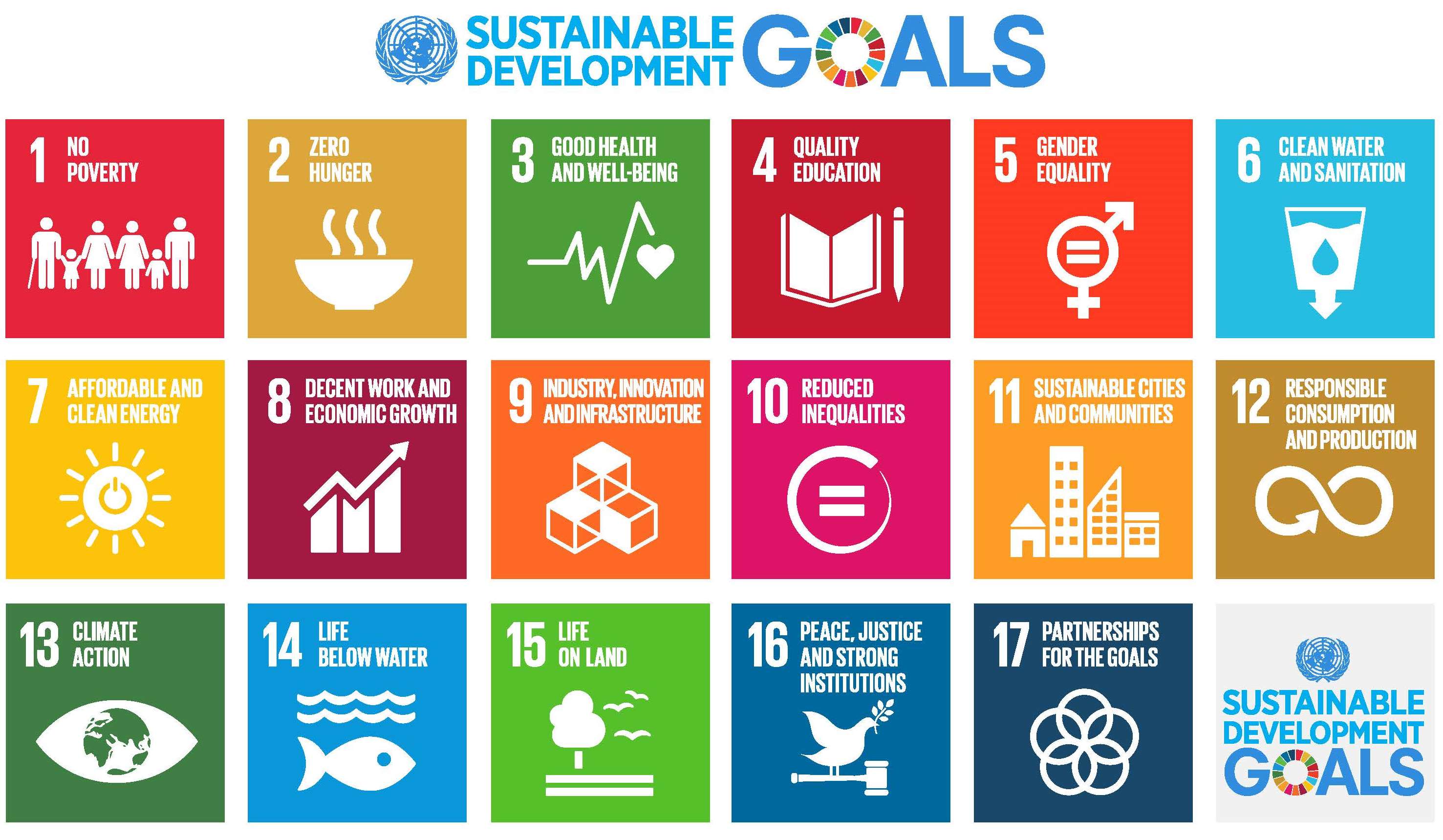I watched Michael Green's TED Talk about the SDGs yesterday. The SDGs are already familiar to me because they have been discussed about in teacher studies last year. I must admit though, I can't remember all of the 17 goals. However, we never thought about how it is currently going or is it even possible to achieve the goals or how do we measure the progress. That's why the video was interesting and I learned a lot.

I'm sad but not surprised to hear that the 2030 goals will be achieved in 2094 with the current phase. Especially now with the ongoing Corona situation, I think we are even further away from the goal.
However, I was glad to see that many countries are making progress in many things. I learned that SDG 6: Water and sanitation is sadly not one of them. I personally think this is one of the most important goals because it affects both humans and nature. If we know that some countries are left far behind from the goal, the rich countries should act now and do something about it. For example, help countries like Nigeria build sanitation systems and clean water pipes. By helping people getting access to clean water and sanitation, we also help women and children. When time is saved from carrying water from far away women and children have a better chance to go to school and get an education.
The thing that really surprised me was that personal rights have gone backwards in the world. I wonder why? Maybe because of the politics? And to be honest, I think personal rights will maybe never be achieved in all of the countries because of the corruption and power seeking people with their own agenda and also because of some cultures that oppress women or religions that are misogynistic. I hope I am wrong.
Kommentit
Lähetä kommentti